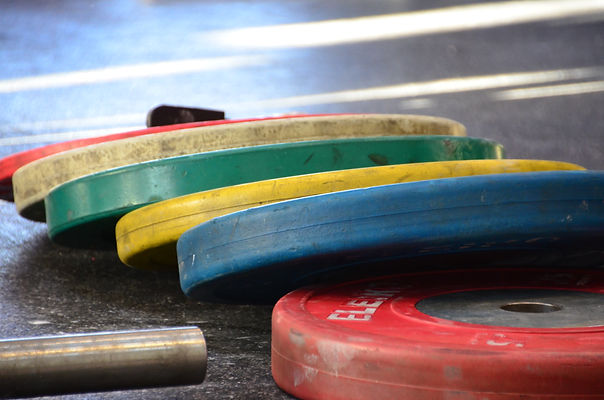The Athlete Breakfast: What to Eat to Perform
- Dave McDowell
- Sep 12, 2016
- 2 min read
If you are an athlete and skipping breakfast you are in trouble.
Breakfast the most important meal of the day? We have all been told that right? well it turns out that it is true.
One of the hardest parts of the nutrition plan for many athletes that I work with is eating a nutritious breakfast. They will tell me things like “I am tired of eating eggs every day”, or “I am not hungry in the mornings”. This is all too common among athletes, and in skipping breakfast they are hurting their academic success, sports performance, workout effectiveness, and overall health.

One of the most important ways that a good breakfast can help our performance, is that if you eat breakfast you are less likely to want other junk foods later on in the day. Science has shown that people who consume food in the morning have less cravings and stay leaner than those who don’t. This is great news for athletes as lean body mass is the name of the game, athletes should be striving to pack on muscle and stay strong year round.
In fact, eating breakfast is one of the easiest ways to improve your performance starting tomorrow.
Athlete Breakfast Guidelines:
An Athlete breakfast should contain roughly 500-750 calories. This breakdown should include a carbohydrate source (fruits, oatmeal, quinoa, etc), a protein source, and a fats source.
Athletes should consume 1-2 glasses of water every morning to combat overnight dehydration
Athletes can choose coffee, or green tea as both have anti oxidants that will boost the immune system.
Choose whole foods over processed ones. Example: fresh oats over packaged, fruit over fruit juices, etc.
If you follow these guidelines you can ensure that you have a performance enhancing nutritious breakfast every time.
Athlete Breakfast Ideas:
Handful of mixed nuts and seeds, cottage cheese, and fruit
Bowl of whole oats topped with almond butter, apple slices, and seeds
Cottage cheese or Greek yogurt with a banana
Hard boiled eggs, fruit of choice, and whole grain toast
Scrambled eggs, avocado, tomato, and turkey bacon in whole grain wrap
Oatmeal with chocolate protein, almonds, and banana
Protein pancakes – many different recipes available
Toast with High Protein Nut Butters: Nuts n More or P28
Making sure to get up and eat breakfast is one of the easiest ways an athlete can take care of their recovery, and performance. It also will ensure that they have all the required nutrients to tackle the day full speed.
If you are someone who has been skipping breakfast, or does not feel hungry in the morning start slow. Introducing a large breakfast tomorrow will likely have you feeling nauseous or uneasy. Try adding a smaller meal, or smoothie to start your day and over time build up your tolerance to eating in the morning. I take this approach with many athletes that I work with, and they always report feeling better after learning to eat in the morning.
For morning training use some of the strategies for creating a pre-workout meal. These same strategies will ensure that you do not eat to much and effect your performance. After you have finished training you can have a full breakfast.
Make sure you have breakfast.








Comments